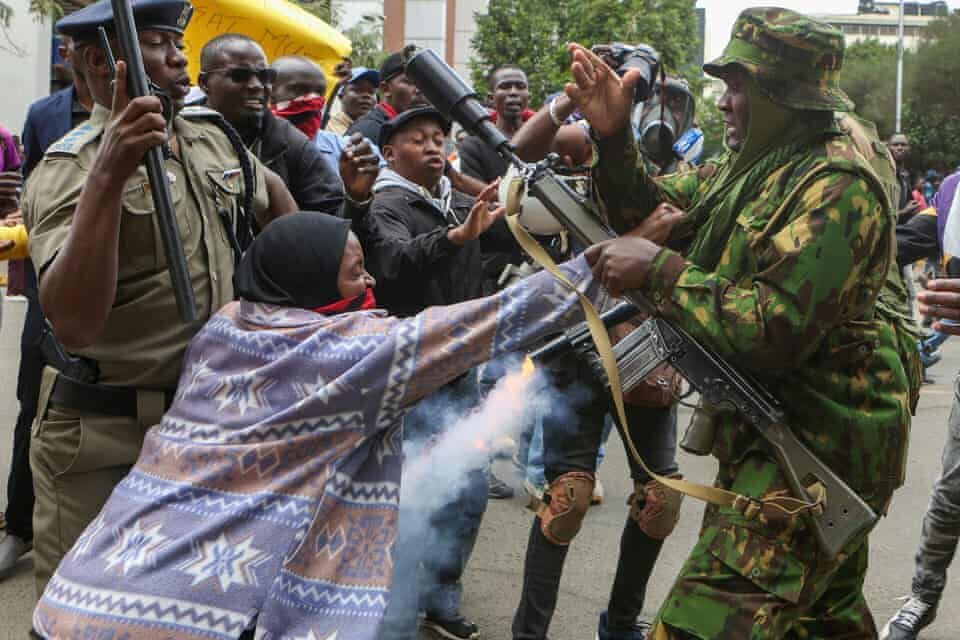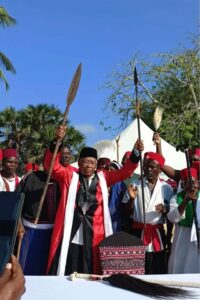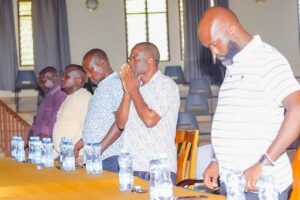Uncaged Rage!

I didn’t know Albert Ojwang personally. But when his name lit up my timeline—followed by the words “shot dead”—something in me broke.
Not just grief. Rage. The kind of rage that burns through your chest when you realize it could’ve been your brother, your friend, your neighbor—or you.
Another young Kenyan silenced by a system that was meant to protect him. Another life ended at the hands of those wearing badges, not for justice, but for terror. Albert wasn’t just a name. He became a symbol.
And this time, we are not turning the page quietly.
On June 6, 2025, 31‑year‑old teacher and blogger Albert Omondi Ojwang, known for his outspoken posts on governance, was arrested in his hometown of Kakot, Homa Bay County, after allegedly defaming Deputy Inspector General Eliud Langat on social media.
Instead of facing charges locally, he was transported over 350 km to Nairobi’s Central Police Station.
He was found dead in custody on June 8, with police claiming it was a suicide—an explanation shattered by an autopsy revealing severe head trauma, neck compression, and multiple bodily injuries inconsistent with self-harm.
The immediate fallout was nationwide: the Officer Commanding Station (OCS), duty officers, cell sentries, and report office staff were interdicted or suspended, while the Independent Policing Oversight Authority (IPOA) and the National Police Service launched formal investigations.
Autopsy findings prompted public apologies from IGP Douglas Kanja and national leaders, including President William Ruto—though many view this as too little, too late.
Public pressure intensified as protests erupted in Nairobi and Mombasa, with scenes of tear-gassed crowds, masked motorcyclists attacking demonstrators, and demands rallying under hashtags like #JusticeForAlbertOjwang and #StopKillingUs.
One protester was also killed amid tear gas and violence, stoking wider fears of unchecked police aggression.
Albert Ojwang was more than a trending name. He was a teacher, a blogger, and a truth-teller. To his students, he was “Mwalimu Albert”—patient, passionate, and driven by a belief that knowledge could transform lives.
To his readers and followers online, he was a sharp voice against injustice—unafraid to question power, unafraid to speak when so many remained silent.
He wrote like someone who had nothing to lose, yet lived like he had everything to give. His blog posts were often raw, unfiltered reflections on Kenya’s politics, inequality, and what he once called “the slow suffocation of hope.”
He believed in this country. He believed in its people. And he believed that the truth, however dangerous, had to be told.That’s what made him a threat.His killing wasn’t just an attack on one man.
It was an attempt to silence an entire generation bold enough to demand better.
But Albert’s voice didn’t die in that cell—it multiplied.
In every chant on the street, every tweet shared, every candle lit in his memory, he lives on.





